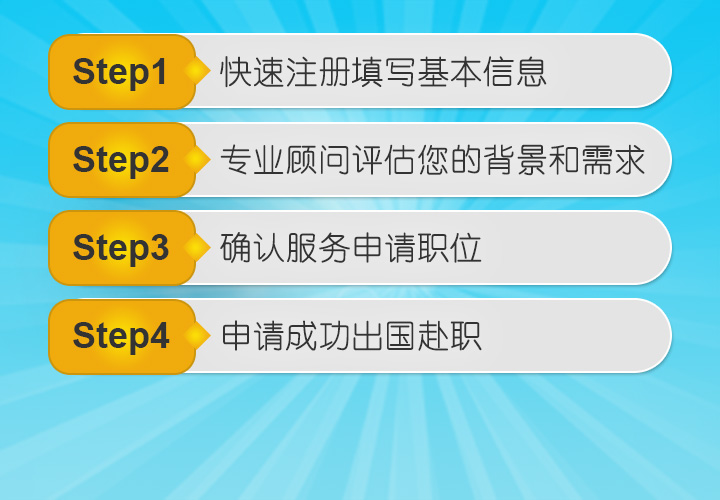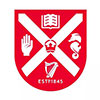双语|如何寻找、申请和选择博士后职位-研究方向篇
是否做博士后?如何寻找、申请及选择博士后职位,这位美国神经科学家给出了建议和答案。知识人网小编采用双语对照的形式分别叙述。本篇为研究方向篇。

I. The Postdoc Field
一、博士后研究领域
By the time they approach their defense, some people have a clear idea of the scientific field within which they'd like to do research. Others, like me, might have wide-ranging interests or simply more than one interest that they've struggled to choose from. Once again, that is okay! You don't need to know precisely what your career-long research interests are at this stage.
到毕业之前,有些人对他们想从事的科学领域已有明确的认识,但也有些人,比如我,可能有广泛的兴趣,或者只是一直努力地选择的不止一个兴趣。再选一次,没关系!在这个阶段你不必确切的知道你的职业生涯的研究兴趣是什么。
So, how do you identify the ideas and research direction that interest you? There are multiple ways of doing this:
那么,如何确定你感兴趣的想法和研究方向呢?有多种方法:
Go to conferences. Try to attend conferences during you final year or two of PhD with the intention of being exposed to new ideas and meeting new people. This might be your field's regular flagship meeting (for example in neuroscience that would be

SfN), or smaller, more intimate conferences (e.g. GRCs or Keystone Symposia).
参加会议。在你最后一两年读博期间,尽量参加会议,目的是接触新思想结识新朋友。这可能是你所在领域的定期旗舰会议(例如,在神经科学中,那将是SfN(美国神经科学学会年会)),或者更小、更私密的会议(如GRCs(神经科学各分会)或重点座谈会)。
Read papers. You're a scholar, an academic, you've been reading papers for several years at this point, so why is it a suggestion here? It's to remind you that if you've mainly been reading papers within your narrow field, and if you feel like you might want to branch out in your postdoc, you should take the time to expand the scope of your reading. If you read a paper you thought was cool, make a note of the lab.
阅读论文。你是一名学者,身为一名学者,你已经阅读了多年的论文,那么为什么它会成为一个建议?这是为了提醒你,如果你主要是阅读自己狭窄领域的论文,而且你可能想在博士后阶段扩展向其他领域,那么你应该花时间扩大你的阅读范围。如果你读了一篇感觉很棒的论文,请记下那个实验室。
Use your network: Are there PIs around you whose opinion you value? Have a chat with them and ask for suggestions. They don't even need to be PIs, have conversations with students and postdocs around you about scientific ideas. One advantage of talking to PIs within a field you're interested in is that they might actually have personal relationships with prospective mentors you might consider, and they can either make an introduction for you or at least provide you with some inside info about that lab's scientific vision and working culture. I will make a plug here for some outstanding humans I know, some of whom are hiring. If you are interested in their work, check out their labs!
利用你的网络:你周围是否有你很重视其意见的项目负责人(导师)吗?与他们交谈并征求建议。甚至不一定是项目负责人,可以与你周围的学生和博士后就科学想法进行对话。与你感兴趣领域的PI交谈的一个好处是,他们实际上可能与你可能会考虑的潜在导师有个人关系,甚至可能为你做引荐,或者至少为你提供有关该实验室的科学愿景和工作文化的内部信息。我想在这里推荐我认识的一些出色的人,其中一些人正在招聘。如果你感兴趣,请查看他们的实验室!
The bird app: You can actually find useful information on twitter (wild, right?) and lovely scientific communities. If you're an outsider to a field but have some questions or are interested in seeing some of the discourse by those researchers, twitter can be helpful. Many scientists will jump in to answer your question even if they don't know you. You'll also see PIs announce jobs with some info about projects involved. I have a particular affinity for those who post not only what they hope a postdoc candidate offers, but also what they have to offer the postdoc in terms of mentorship and support. There's of course no quick and structured way to enter academic twitter other than to just make an account and follow different people until you find the content you want, so this bullet point is more helpful if you already happen to be on the website.
推特:你实际上可以在推特和美好的科学社区上找到有用的信息。如果你是一个领域的外行,但有一些问题或有兴趣看看这些研究人员讨论的内容,推特可能会有所帮助。许多科学家都愿意回答你的问题,即使他们不认识你。你还会看到PI在推特上公布工作机会,并提供有关项目的一些信息。我特别喜欢那些在不仅发布他们希望博士后候选人提供的条件,还提供他们为博士后提供的指导和支持信息的人。当然,除了创建一个账户并并关注不同的人,直到你找到所需的内容,没有快速和结构化的方式进入学术推特。如果你已经碰巧在网站上, 那么,这个建议可能会更有帮助。





















